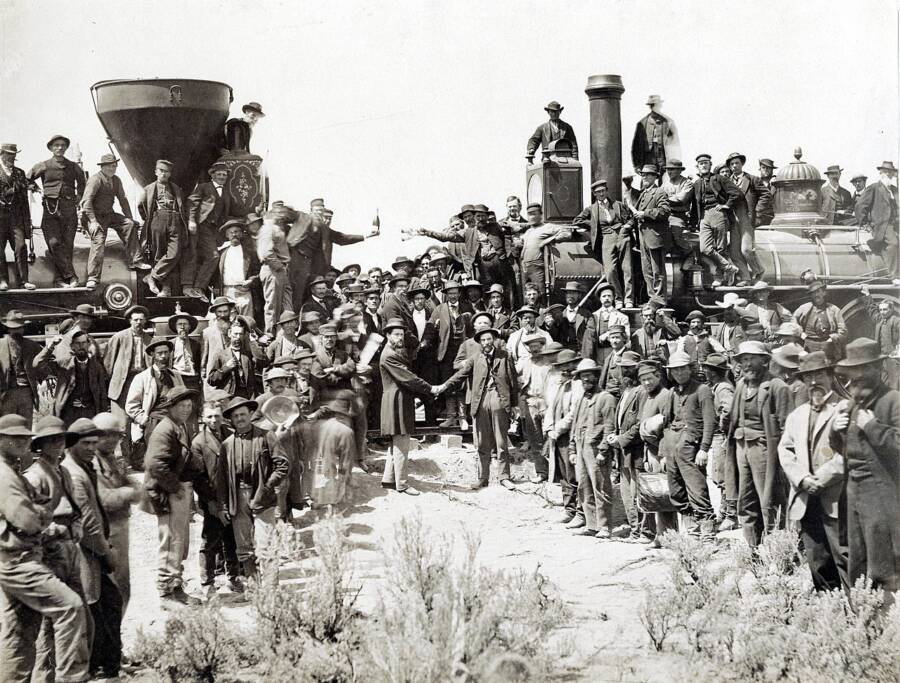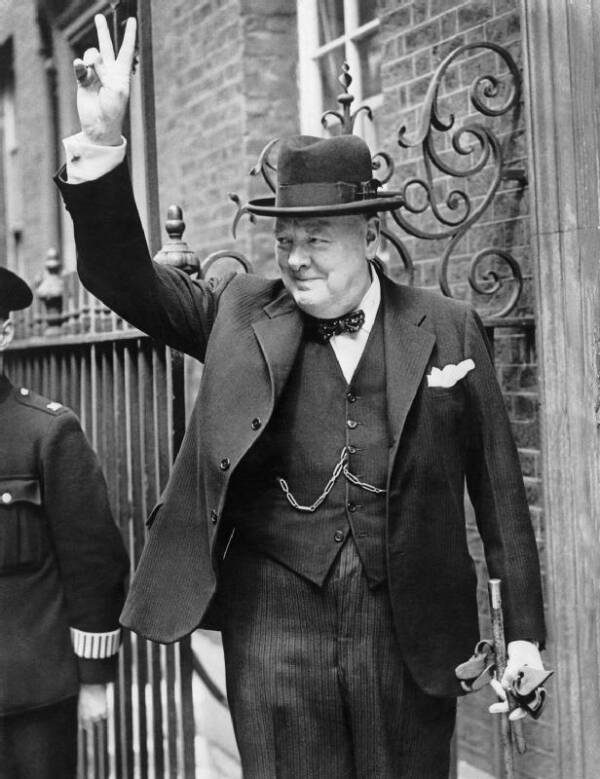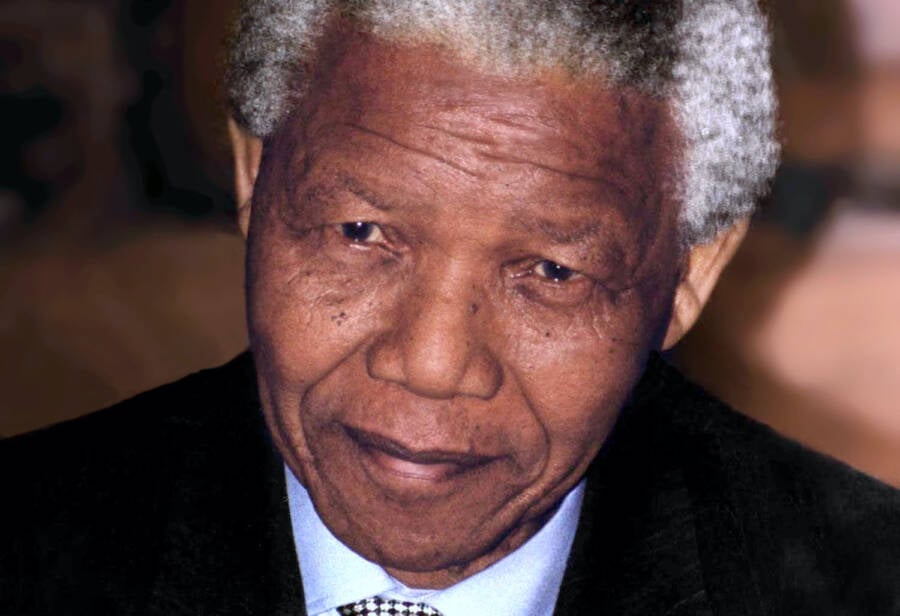What happened on this day in history: Bacon's Rebellion begins in 1676, J. Edgar Hoover becomes FBI director in 1924, and more important events that happened on May 10th.
1676: Bacon’s Rebellion Begins
Bacon’s Rebellion begins in Virginia. Raids against Native American tribes in the area caused Virginia governor Sir William Berkeley to issue declarations in hopes of securing peace between Native Americans and colonists. However, a young man named Nathaniel Bacon Jr. gained the support of local anti-Native American militia groups and intimidated Berkeley into allowing him to raid Native American lands indiscriminately and drive them out of the colony entirely. On October 26, 1676, Bacon abruptly died of a disease brought on by body lice. After Bacon’s death, Berkeley regained control and hanged the major leaders of the rebellion.
1818: Paul Revere Dies
Paul Revere, an American patriot famous for his midnight ride through the Massachusetts countryside, dies in Boston.
1838: John Wilkes Booth Is Born
John Wilkes Booth, who would go on to assassinate President Abraham Lincoln in April 1865, is born in Bel Air, Maryland.
1869: The Transcontinental Railroad Is Completed

Wikimedia CommonsThe builders of the Transcontinental Railroad who’d been working from the east and the west meet at Promontory Summit, Utah on May 10, 1869.
The Transcontinental Railroad is completed in the United States. Originally called the Pacific Railroad, the Transcontinental Railroad became the first continuous railway across the United States. Its construction began in 1863 and was primarily executed by Union Pacific and the Central Pacific Railroad Company of California (CPRC). On its completion date, the CPRC’s president hammered in the ceremonial last spike, known as the “Golden Spike,” at Promontory Summit, Utah.
1924: J. Edgar Hoover Takes Charge Of The FBI
J. Edgar Hoover becomes FBI director after being appointed by the U.S. attorney general. As director of the FBI, Hoover made several institutional changes, including firing agents that were little more than political appointees, requiring physical fitness testing, and conducting thorough background checks on interviewees. Under Hoover’s leadership, the FBI became an integral part of the U.S. federal government. Hoover remained director of the FBI until his death in 1972, nearly 48 years after his initial appointment.
1940: Winston Churchill Becomes Prime Minister Of Britain

Wikimedia Commons Winston Churchill giving his signature “V for Victory” gesture.
Sir Winston Churchill becomes prime minster of Britain, representing the Conservative party. His nomination came after former prime minister Neville Chamberlain’s resignation. As prime minister, Winston Churchill successfully led Britain through World War II and inspired the British public through his radio and public speeches, as well as his impressive military background. He remained prime minister until his defeat in the 1945 general election. In 1951, he was selected to be prime minister once again and remained in office until 1955.
1977: Actress Joan Crawford Dies
Hollywood icon Joan Crawford dies in hospital, reportedly telling nurses who prayed for her, “Don’t you dare ask God to help me.”
1994: Nelson Mandela Inaugurated As President Of South Africa

Wikimedia CommonsNelson Mandela during his trip to Washington, D.C. in 1994, the year he became president of South Africa.
Nelson Mandela is inaugurated as the first president of South Africa. Before taking office, Mandela had spent 27 years as a political prisoner because of his efforts to fight apartheid, South Africa’s system of institutionalized racism. Amid growing domestic and international pressure to release Mandela from prison, South African leader F.W. de Klerk did just that in 1990. Four years later, in the country’s first-ever free and open democratic elections, Mandela won and quickly set about overhauling South Africa’s government and investigating past human rights abuses in order to bring an end to the era of apartheid.
1994: The ‘Killer Clown’ John Wayne Gacy Is Put To Death
John Wayne Gacy, Chicago’s infamous serial killer who dressed as “Pogo the Clown” is put to death via lethal injection. Throughout the 1970s, Gacy abducted, tortured, sexually assaulted, and killed 33 young men and boys, burying most of their bodies on his own property.



